Welcome to Guangdong Zhenhua Technology Co.,Ltd.
News
-
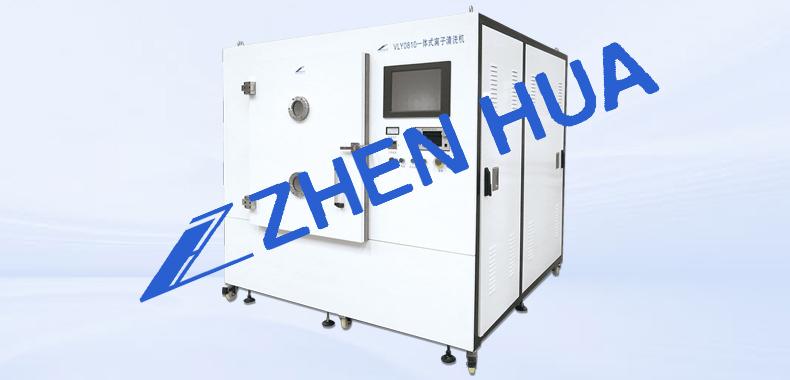
Characteristics of Plasma Surface Modification
High energy plasma can bombard and irradiate polymer materials, breaking their molecular chains, forming active groups, increasing surface energy, and generating etching. Plasma surface treatment does not affect the internal structure and performance of the bulk material, but only significantly c...Read more -
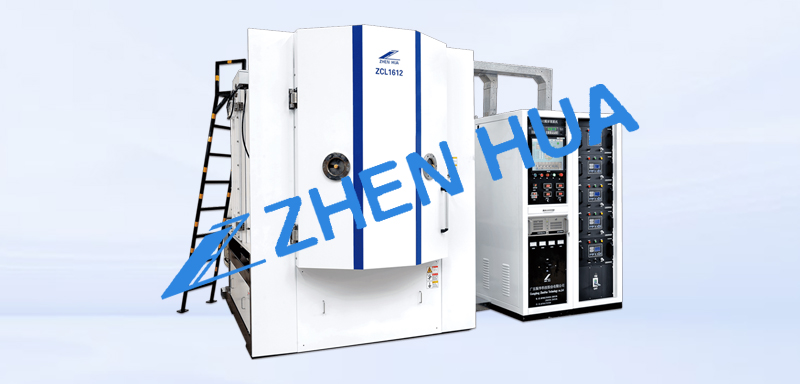
The Process of Small Arc Source Ion Coating
The process of cathodic arc source ion coating is basically the same as other coating technologies, and some operations such as installing workpieces and vacuuming are no longer repeated. 1.Bombardment cleaning of workpieces Before coating, argon gas is introduced into the coating chamber with a...Read more -
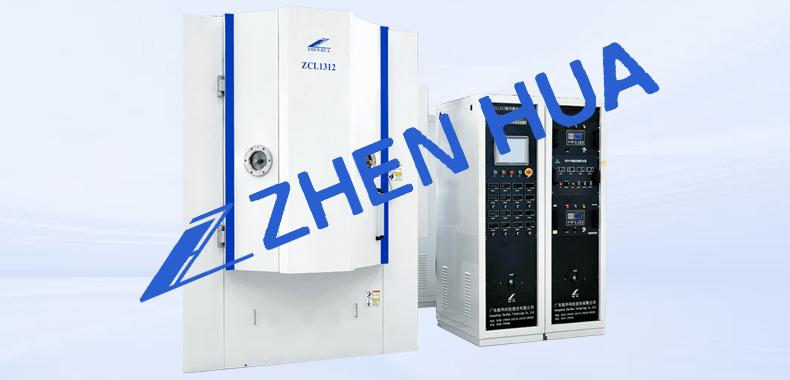
Characteristics and Generation Methods of Arc Electron Flow
1.Characteristics of arc light electron flow The density of electron flow, ion flow, and high-energy neutral atoms in arc plasma generated by arc discharge is much higher than that of glow discharge. There are more gas ions and metal ions ionized, excited high-energy atoms, and various active gro...Read more -
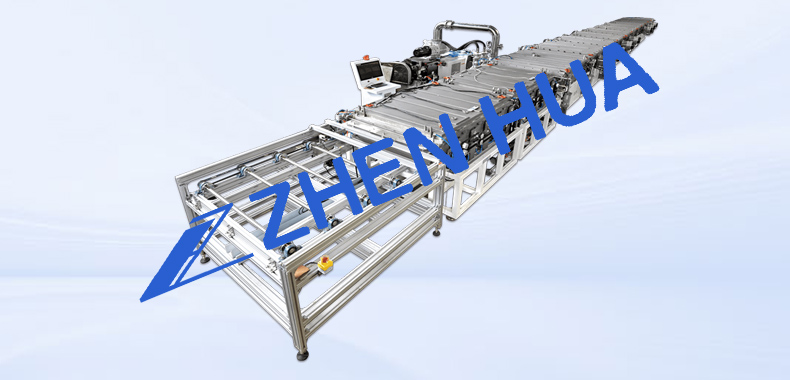
Application Fields of Plasma Surface Modification
1) Plasma surface modification mainly refers to certain modifications of paper, organic films, textiles, and chemical fibers. The use of plasma for textile modification does not require the use of activators, and the treatment process does not damage the characteristics of the fibers themselves. ...Read more -
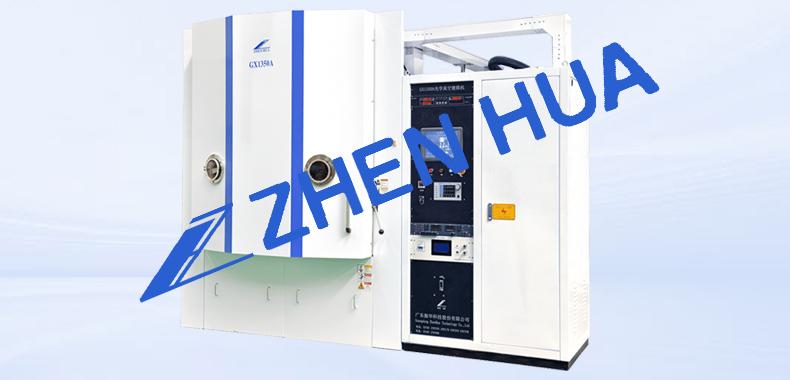
Application of ion coating in the field of optical thin films
The application of optical thin films is very extensive, ranging from glasses, camera lenses, mobile phone cameras, LCD screens for mobile phones, computers, and televisions, LED lighting, biometric devices, to energy-saving windows in automobiles and buildings, as well as medical instruments, te...Read more -
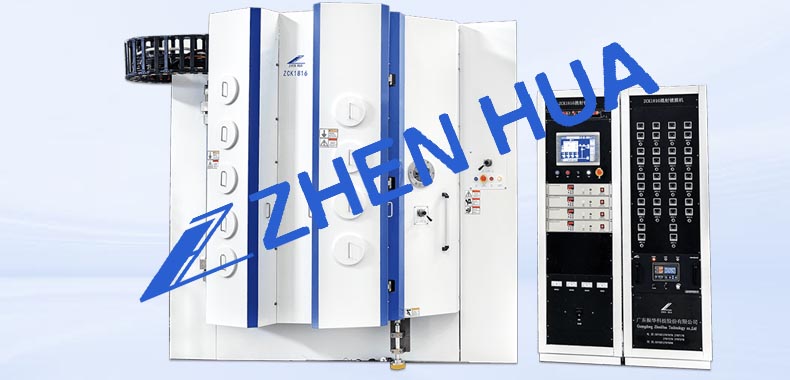
Information display films and ion coating technology
1. Type of film in information display In addition to TFT-LCD and OLED thin films, the information display also includes wiring electrode films and transparent pixel electrode films in the display panel.The coating process is the core process of TFT-LCD and OLED display. With the continuous prog...Read more -

The growth law of vacuum evaporation coating film layer
During evaporation coating, the nucleation and growth of the film layer are the basis of various ion coating technology 1.Nucleation In vacuum evaporation coating technology,after the film layer particles are evaporated from the evaporation source in the form of atoms, they fly directly to the w...Read more -
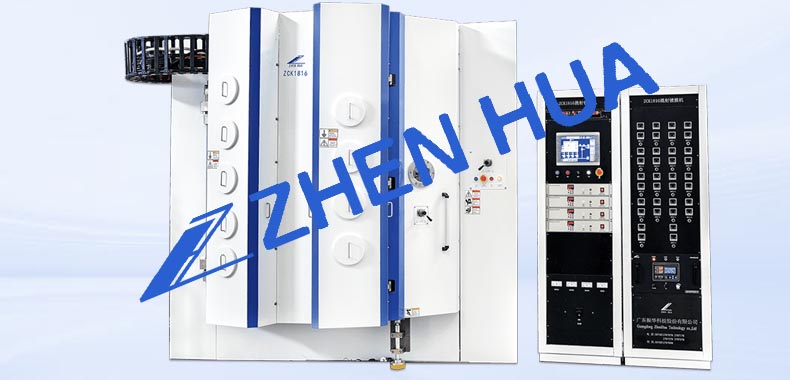
Common features of enhanced glow discharge ion coating technology
1. The workpiece bias is low Due to the addition of a device to increase the ionization rate, the discharge current density is increased, and the bias voltage is reduced to 0.5~1kV. The backsputtering caused by excessive bombardment of high-energy ions and the damage effect on the workpiece surf...Read more -
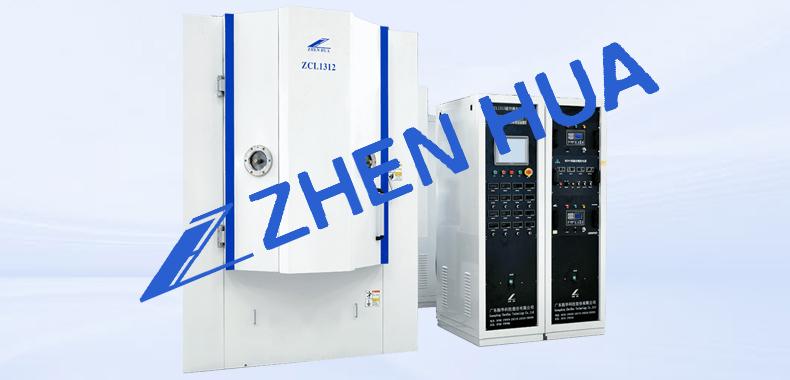
Advantages of Cylindrical targets
1) Cylindrical targets has Higher utilization rate than planar targets. In the coating process, whether it is a rotary magnetic type or a rotary tube type cylindrical sputtering target, all parts of the surface of the target tube continuously pass through the sputtering area generated in front of...Read more -
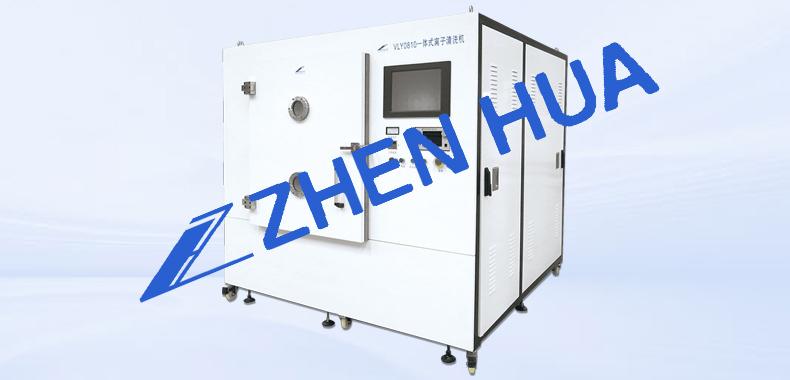
Plasma direct polymerization process
Plasma direct polymerization process The process of Plasma polymerization is relatively simple for both internal electrode polymerization equipment and external electrode polymerization equipment, but parameter selection is more important in Plasma polymerization, because parameters have a greate...Read more -
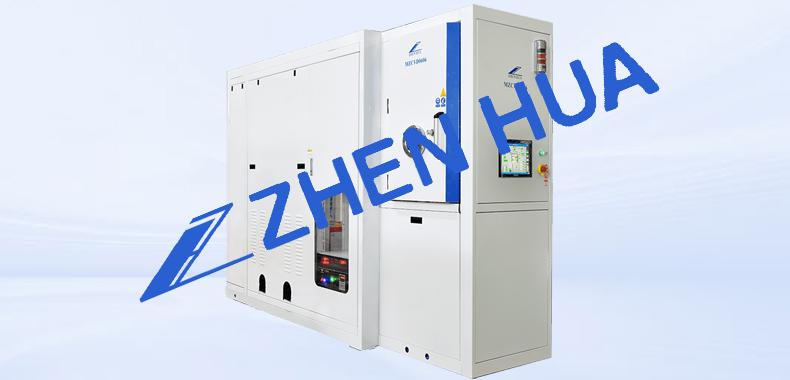
Hot wire arc enhanced plasma chemical vapor deposition technology
The hot wire arc enhanced plasma chemical vapor deposition technology uses the hot wire arc gun to emit arc plasma, abbreviated as the hot wire arc PECVD technology. This technology is similar to the hot wire arc gun ion coating technology, but the difference is that the solid film obtained by ho...Read more -
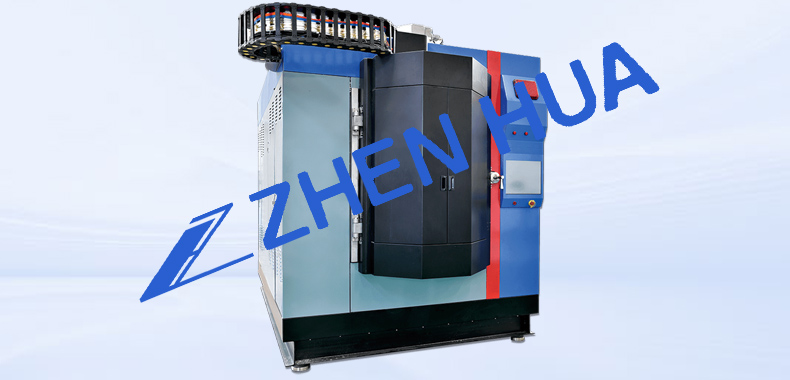
Introduction to Conventional Techniques for Depositing Hard Coatings
1. Thermal CVD technology Hard coatings are mostly metal ceramic coatings (TiN, etc.), which are formed by the reaction of metal in the coating and reactive gasification. At first, the thermal CVD technology was used to provide the activation energy of combination reaction by thermal energy at a ...Read more -
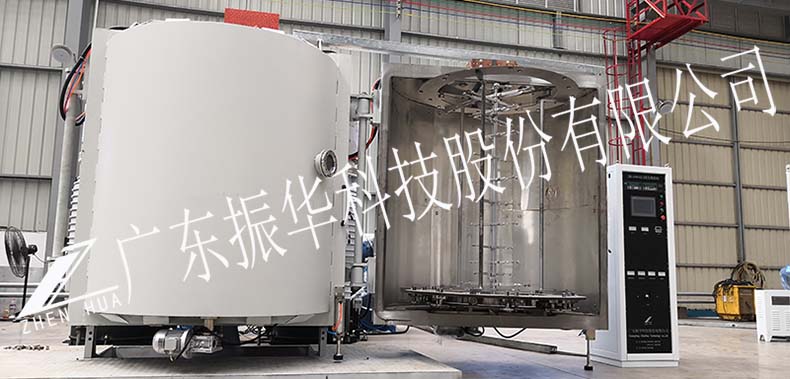
What is resistance evaporation source coating?
Resistance evaporation source coating is a basic vacuum evaporation coating method. “Evaporation” refers to a thin film preparation method in which the coating material in the vacuum chamber is heated and evaporated, so that the material atoms or molecules vaporize and escape from the...Read more -
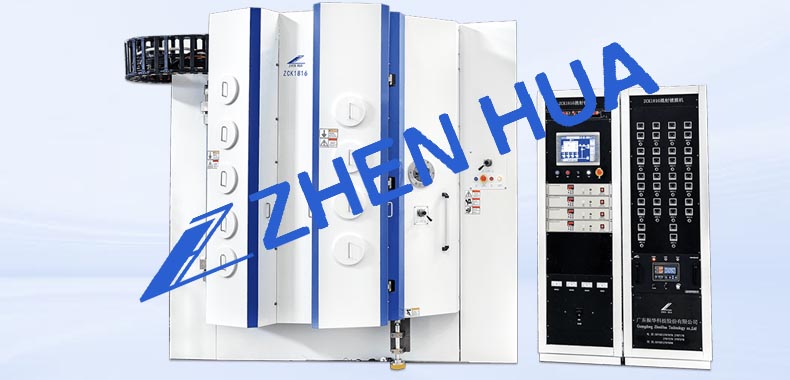
Introduction to Cathodic Arc Ion Plating Technology
The cathodic arc ion coating technology uses cold field arc discharge technology. The earliest application of cold field arc discharge technology in the coating field was by Multi Arc Company in the United States. The English name of this procedure is arc ionplating (AIP). Cathode arc ion coatin...Read more -
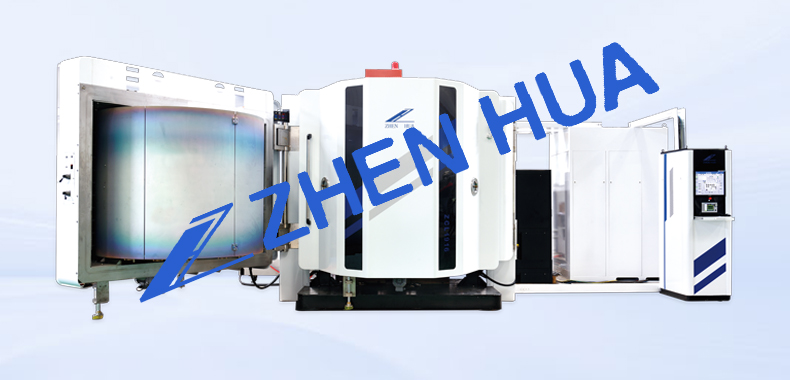
The Application of Optical Thin Film in the Coated Glasses Industry
There are many types of substrates for glasses and lenses, such as CR39, PC (polycarbonate), 1.53 Trivex156, medium refractive index plastic, glass, etc. For corrective lenses, the transmittance of both resin and glass lenses is only about 91%, and some of the light is reflected back by the two s...Read more
















